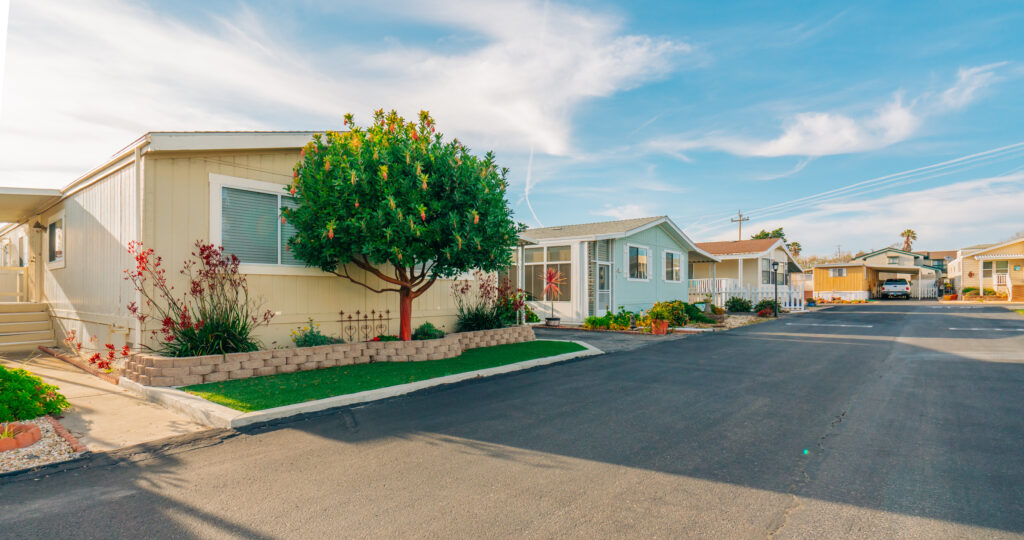
H.R.1, The One Big Beautiful Bill Act, offers tax saving and planning opportunities for MHCs
Manufactured housing communities (MHCs), commonly known as mobile home parks, have long offered a unique blend of affordability, stability, and investment potential. For investors and developers, these communities present not only a resilient asset class but also a range of compelling tax advantages. With the passage of H.R. 1, commonly known as the One Big Beautiful Bill Act, in July 2025, the landscape has become even more favorable.
Key tax benefits of manufactured housing communities
MHCs benefit from several tax incentives:
-
Infrastructure deductions
Owners can depreciate infrastructure (roads, utilities, park-owned pads, etc.) over 15 years. With the passage of H.R.1, 15-year property is now eligible for 100% first year deduction under the accelerated depreciation rules.
-
Park owned homes
The Internal Revenue Service (IRS) has determined that the homes themselves, if not permanently affixed to the ground and still have an axle and VIN, can be considered 5-year property. Under H.R.1, these homes would be eligible for the 100% first year depreciation deduction.
-
Lack of real property compared to other asset classes
MHCs typically do not have a large amount of residential or nonresidential real property compared to other asset classes (apartments, rental homes, self-storage, commercial, etc.). For instance, an apartment community (even with a cost segregation study), could have 70%+ of its depreciable basis considered real property and be required to depreciate that basis over 27.5 years with no accelerated first year depreciation. Due to the nature of MHCs, real property assets are generally only an office building or non-movable home. It is common for MHCs to perform a cost segregation study and have zero basis allocated to 27.5 or 39 year property. In theory, 80-100% of the purchase price (minus land) could be eligible for 100% bonus depreciation in the year placed in service.
-
Opportunity zones
Depending on the location of the MHC, investors may be able to defer and potentially reduce their capital gains taxes. H.R.1 made opportunity zones permanent and created additional tax benefits for rural areas where certain MHCs may be located.
With enhanced deductions, expanded Opportunity Zones, and increased support for affordable housing, H.R.1 positions manufactured housing communities as a powerful tool for both investors and operators.
Change is coming fast—make sure your privately-held business is prepared to thrive under the new law. This is an ideal time to consult your Keiter Opportunity Advisor. Email | Call: 804.747.0000
Every situation is unique, and this article should not be considered tax advice. It is intended for educational and informational purposes only.
About the Author
The information contained within this article is provided for informational purposes only and is current as of the date published. Online readers are advised not to act upon this information without seeking the service of a professional accountant, as this article is not a substitute for obtaining accounting, tax, or financial advice from a professional accountant.



